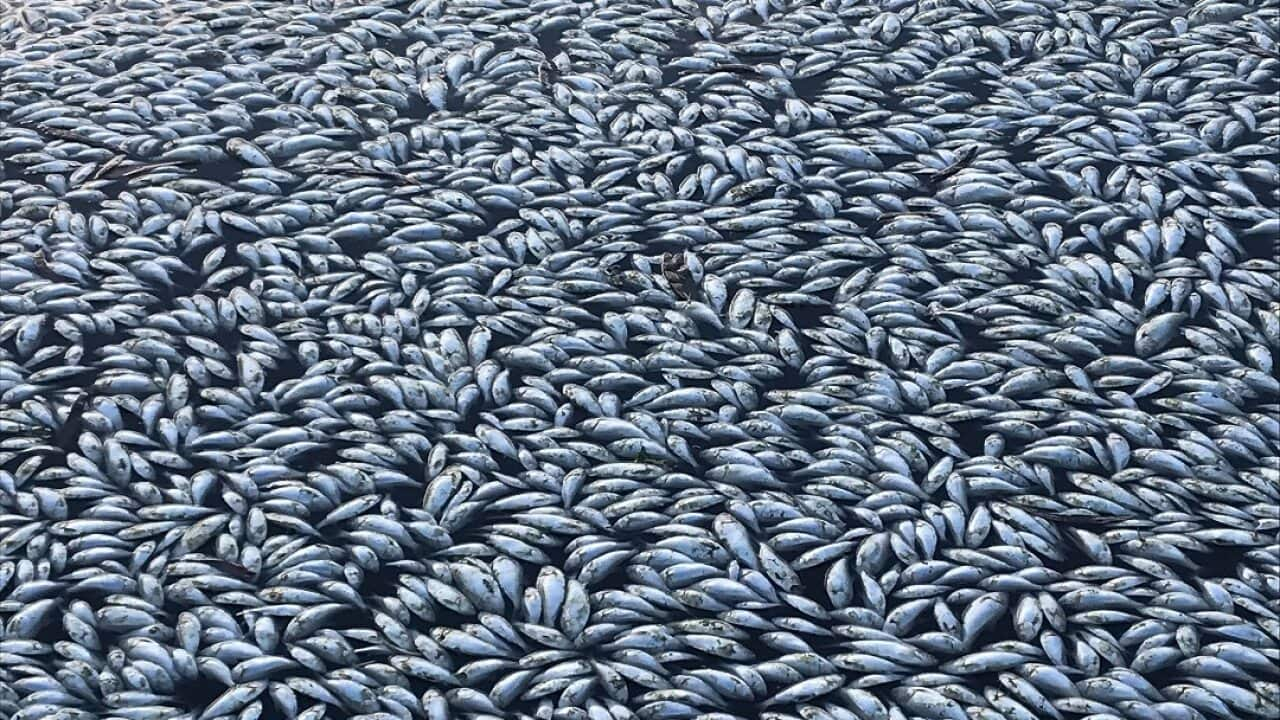We’re the oldest continuous culture on the planet. We have cared for our country since time immemorial and yet it has taken just 230 years for the land to be ruined by colonisation.
While state and federal governments consider the future of the Murray-Darling Basin, has anyone spared a thought for the Indigenous people and communities living along Australia’s third longest river?
Currently, the Barkindji people are struggling for the river's survival, as well as their own.
The Darling River or Barka gives its name to the Barkindji people, and the ‘people of the river’, are just one of a number of Aboriginal nations living along this system. For tens of thousands of years, the Barkindji have lived, danced and sang by the river. It is a place that has provided them with food sources for countless generations. It is a place where they have continued their ancient cultural practices. But now this could all be lost.
For tens of thousands of years, the Barkindji have lived, danced and sang by the river. It is a place that has provided them with food sources for countless generations. It is a place where they have continued their ancient cultural practices. But now this could all be lost.

Lower Darling River locals say the water they rely on is being diverted north and south. Source: AAP
What was once a healthy flowing river is now, in most parts, a dry river bed. If there is water, it’s contaminated with blue-green algae. It is not fit to drink or swim in. Animals and plant life along the watercourse are dying. In recent months, we have seen near the town of Menindee.
To the Barkindji and many other Aboriginal nations, the river is life. Now, communities in far-west New South Wales are in the midst of a water crisis.
In places like Wilcannia and Walgett, there is simply no water. The people are forced to drive hundreds of kilometres just to get bottled water to drink and bathe in. Some towns are now restricted to dangerously salty bore water. It is untreated and not suitable for long-term consumption particularly for those with heart and kidney disease.
Why is this happening?
State and federal governments blame the current drought for the crisis.
However, a South Australian Royal Commission that there was gross maladministration, negligence and unlawful actions in the implementation of the 13 Billion dollar Murray Darling Basin Plan.
The plan, signed in 2012, was designed to restore the Murray Darling River system to health and return water to the environment. All stakeholders, communities, irrigators and the environment were to benefit from this plan.
But something has gone drastically wrong if the state of the river is anything to go by.
An interim report commissioned by the Federal Government found that climatic changes were in part to blame for the fish kills. The final report is due to be released this month.
Another inquiry done for the Federal Opposition, found that too much water was being held upstream and that the drought and low flows into Menindee Lakes had contributed to the unprecedented fish kills.
But if you ask the Barkindji, they say too much water is being taken by northern irrigators to grow cotton and this has had a devastating impact on their way of life.
What do the Barkindji people have to say?
They say the Murray Darling Basin Plan has not taken their culture into account and that politics and greed have overtaken the needs of the people and the environment.
Traditional Owners like the Barkindji have been left out on a limb. They have not been consulted when it comes to the state of the Murray Darling River system.
Federal Water Minister David Littleproud recently announced that there will be a First Nations person appointed to the Murray Darling Basin Authority. But many say it is just window dressing with governments paying lip service to consultation in the lead up to state and federal elections.
Equally, criticisms have been hurled at the NSW Water Minister Niall Blair for his lack of consultation with First Nations peoples.
Cotton growers say they are not to blame and have staunchly defended themselves against allegations of holding water illegally upstream. It’s the drought, they say and only rain will solve the problem.
Indigenous groups and environmentalists have held rallies across the state protesting against the almost criminal mismanagement of the river system. They are also calling for a Federal Royal Commission to investigate the Murray Darling crisis.
So far, it appears governments are stalling for time, waiting for the elections to come and go. But while they play the waiting game, peoples’ lives and livelihoods are at stake.
Aboriginal nations living by the river can no longer practice their culture or pass down stories to the younger generations. Farmers are going broke while waiting for rain.
The prognosis is not good. With climate change and warmer temperatures expected over the next decades, it will take a miracle to restore the river to its natural health.
Aboriginal people have survived on the river for 60,000 years and lived a sustainable life, however, it seems they have been left out of this discussion, with their voices going unheard.
Perhaps if governments had included the original caretakers of the land in the management of the river system, we may not have been in the grip of this current crisis.
Karla Grant is an award-winning journalist and presenter and executive producer of NITV's Living Black program. Follow Karla
Karla’s story of the Barkindji people will air tonight on The Point, when the episode investigates the mismanagement of the Murray Darling river basin. Tune in tonight, 8.30pm on NITV. Join the conversation #ThePoint











